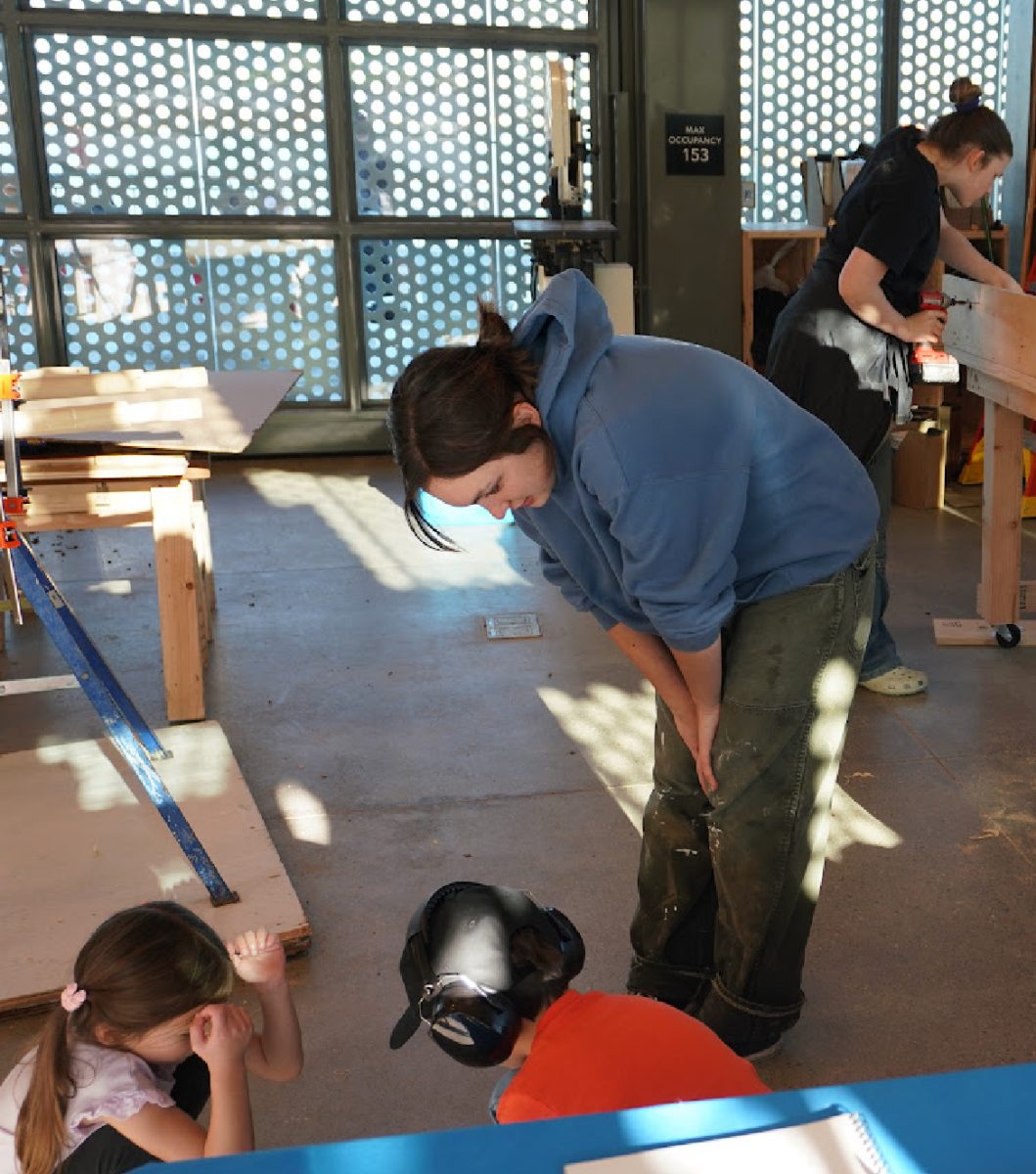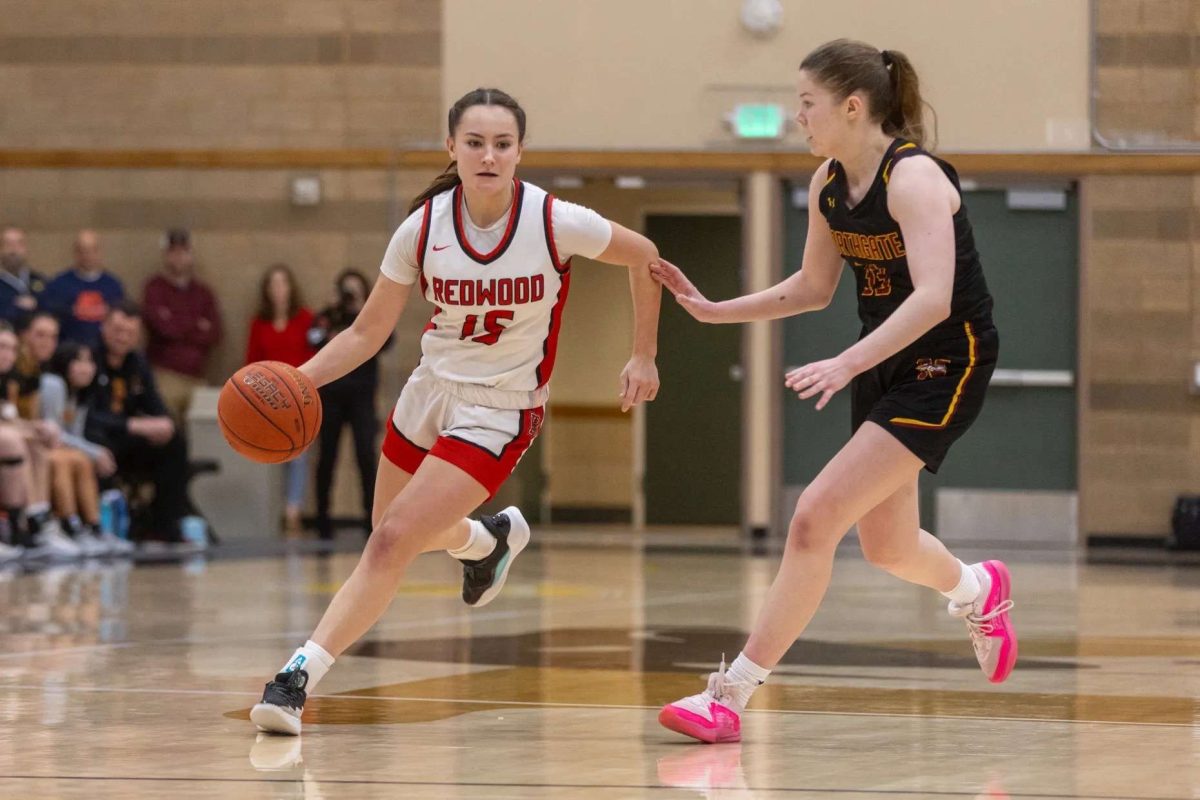Updates on the recent testimonies of the Derek Chauvin trial; Day 5
April 3, 2021
Day five of the Derek Chauvin trial pertaining to the murder of George Floyd occurred on April 2 and included numerous witness testimonies. One was the longest-serving officer in the Minneapolis police department, Lieutenant Richard Zimmerman. Derek Chauvin is the officer who kneeled on Floyd’s neck for nine minutes.
Lieutenant Zimmerman responded to the scene at the time of Floyd’s murder. According to the New York Times, Zimmerman stated that “pulling him down to the ground facedown and putting your knee on a neck for that amount of time, it’s just uncalled for.”
Zimmerman additionally gave his knowledge on proper arrest positioning. “If you’re laying on your chest, that’s constricting your breathing even more,” he said in an article from USA Today.
Ashley Riser, an Associate Attorney at Jayne Law Group, gave her thoughts on the way he was killed through the eye of criminal defense provided the perspective of criminal defense to the Floyd case.
“I don’t think it’s the officer’s job to hurt people. When they are in immediate danger that’s when they might result in using some sort of force. The defense is going to argue, and they should, that force was necessary to protect the officer, the community, and to restrain the criminal. But that alone might not work, due to how politicized and visible police brutality is, especially when the evidence is on video,” Riser said.
Testimonies from the officers who were present during the crime will be deciding factors when determining the punishment Chauvin faces. Although Floyd was killed, prosecutors will not only need to show the intent to kill but that there were no external determining factors.
“If there’s evidence that the officer was acting to protect the community but really messed up by killing Floyd, that could just be manslaughter. But if he went out earlier that day with the intent to racially profile people and hurt them, we’re looking at first or second-degree murder. Anything where you have to show intention and malice of forethought, which is kind of an internal mind, is harder to prove,” Riser said.

Courtney Ross, the girlfriend of Floyd, described their battles with opioid addiction. The court took this into account as to whether or not the drugs had an effect on his mental state, as well as the cause of his death. Olivia Letts, a member of SOAR, the Students Organized Against Racism Club at Redwood High School, thought that bringing up his use of drugs was irrelevant to his case.
“Because someone was murdered while on drugs doesn’t mean they deserve to die more than anybody else,” Letts said.
The juries for Chauvin’s hearings are set to be a diverse range of peoples. This includes people of color, biracial women, and white men, all between the ages of 20 and 60. Riser described how important diversity within a jury can be.
“The law says that you should have a jury composed of your peers; i.e. people that represent the community. But, juror participation is incredibly racialized. This means that we cannot have nearly as many POC, young adults, or Hispanics as we do older white people. Juries exclude those who have gone to prison, which as you can imagine is a perspective lost, as they are also part of the community. You don’t get diverse ideas, you don’t get diverse opinions, and as a result, it leads to convictions and prisons full of those who are underrepresented,” Riser said.
Zimmerman was not the only officer in the police force brought to testify. David Pleoger, former police supervisor, and Derek Smith, a medic onboard the ambulance with Floyd, both took sides showing disgust for the actions of Derek Chauvin. Bella Hann, a member of Redwood’s Mock Trial club, voiced her musings on the witnesses’ testimonies.
“If witnesses are attempting to look better by supporting Black Lives Matter, their testimonies could potentially be incorrect. But also, those same people can be trying to look better so that law enforcement isn’t looking down upon them, as well as bringing negativity to the law enforcement name,” Hann said.
Letts noted that although many across the world know George Floyd’s name, that’s not the case for everyone.
“I think that in this case…almost everybody in the world knows his name and story. However, that is not true for the other [90 percent] of police brutality that occurs in this country. We need to get their experiences heard as well, and bring justice to their names,” Letts said.








